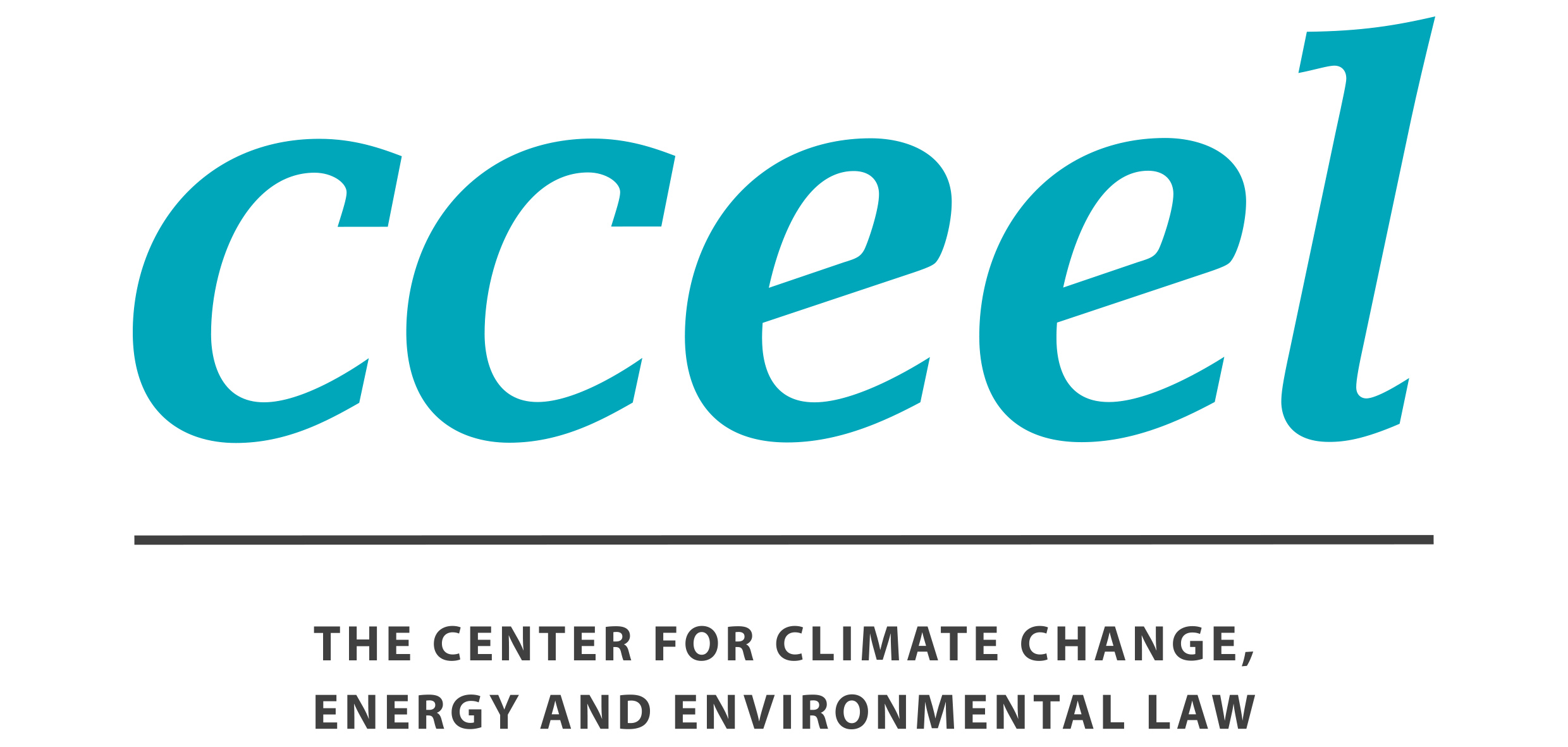Regulatory Cooperation on Carbon Standards (RECOSTA)
RECOSTA examines how trade and trade mechanisms can be used to boost regulatory cooperation on carbon standards.
Different levels of carbon restrictions undermine competitiveness of producers from countries with strict carbon standards and relocate emissions to countries with lax standards. International regulatory cooperation can prevent this through establishing common rules for carbon standard setting, carbon footprint measurement and certification, as well as common rules for the use of trade-related carbon restrictions, including carbon import duties and border carbon adjustments.
RECOSTA examines regulatory cooperation arrangements in a transnational setting looking into two layers: state-to-state (in the WTO, the UNFCCC, free trade agreements and sectoral agreements) and also at the public-private level, including the possibility of engagement of private voluntary certification schemes in the implementation of mandatory technical regulations enacted by states.
RECOSTA strives to understand when, where and how trade-driven regulatory cooperation on carbon standards takes place. It also elaborates essential elements of effective regulatory cooperation on carbon standards and provides recommendations to regulators and policymakers on feasible avenues and working mechanisms of such regulatory cooperation. By developing building blocks for international regulatory cooperation, RECOSTA also addresses the problems of inconsistency and low quality of carbon standards and, consequently, their lack of credibility among consumers, high costs of compliance for companies, trade tensions they cause and low effectiveness of these measures as emissions reduction tools.
This timely and novel research tests theoretical foundations of international regulatory cooperation using new empirical evidence from the sectoral study of carbon standards from the perspective of transnational environmental law.
Project collaborators:
- World Trade Organization Trade and Environment Division & Mr. Aik Hoe Lim, Director.
- Tilburg University, Tilburg Law and Economics Center (TILEC) & Prof Panagiotis Delimatsis, Chair of EU and International Economic Law, Director of TILEC.
- Groningen University, Faculty of Law & Prof Stefan Weishaar, Professor of Law and Economics.
- University of Bern, World Trade Institute (WTI) & Prof Manfred Elsig, Professor of International Relations, Deputy Managing Director and Director of Research, & Prof Thomas Cottier, Professor Emeritus of Law, Founder of WTI.
- Vrije Universiteit Brussel, Brussels School of Governance & Prof Harri Kalimo, Professor and Co-director of the 3E (Environment, Economy and Energy) research group.
- European Roundtable on Climate Change and Sustainable Transition (ERCST) & Mr. Andrei Marcu, Executive Director and Founder of ERCST.
- Climate Strategies & Mr. Andrzej Blachowicz, Managing Director.
Relevant publications:
- K. Holzer and I. Kopytsia, Legal Challenges of Tracing Emissions in Steel Trade, forthcoming in the Korea-Europe Review (spring 2023).
- A.H. Lim and K. Holzer, Trading in the era of carbon standards: How can trade, standard setting and climate regimes cooperate? Oxford Review of Economic Policy, 2023, vol. 39 no. 1.
- K. Holzer and A.H. Lim, Trade and Carbon Standards: Why Greater Regulatory Cooperation is Needed, in D. Esty and S. Biniaz (eds), Cool Heads in a Warming World: How Trade Policy Can Help Fight Climate Change.

